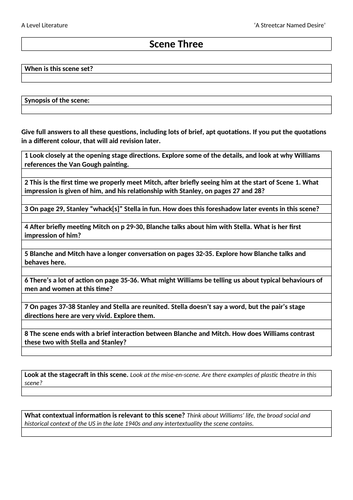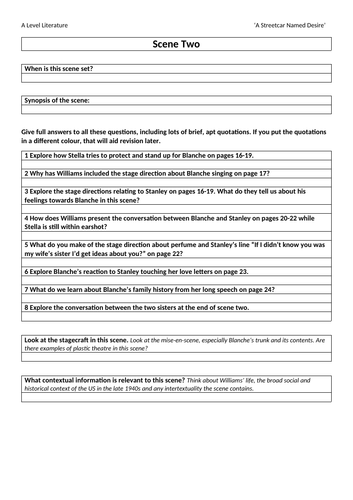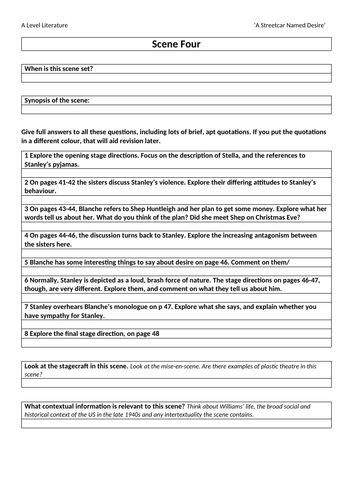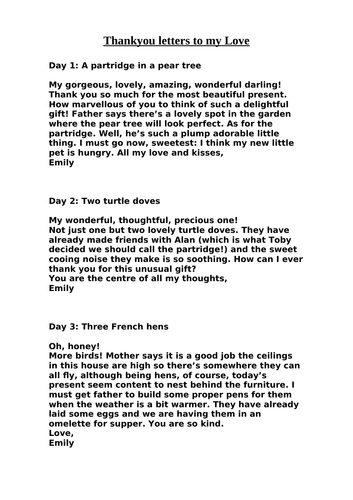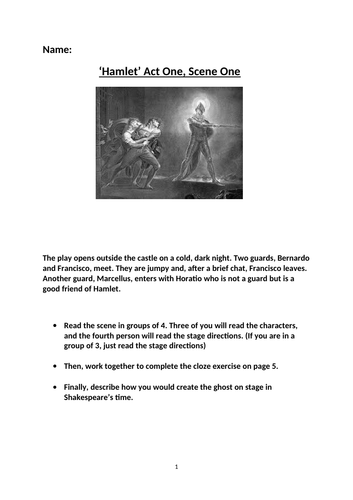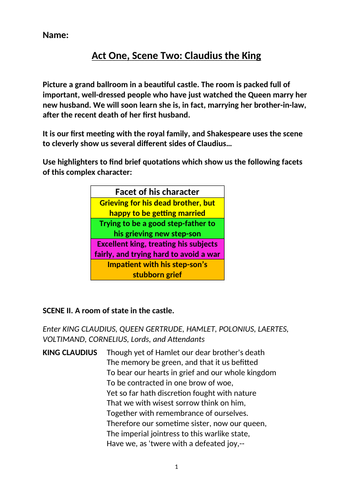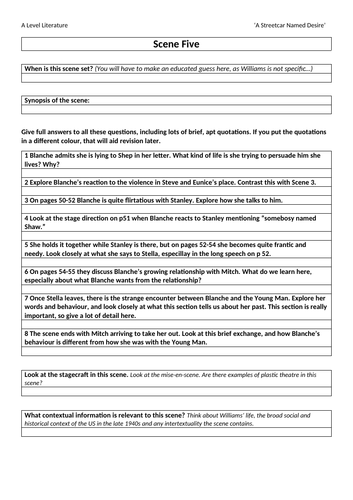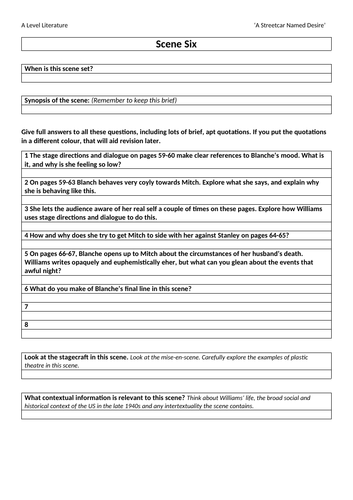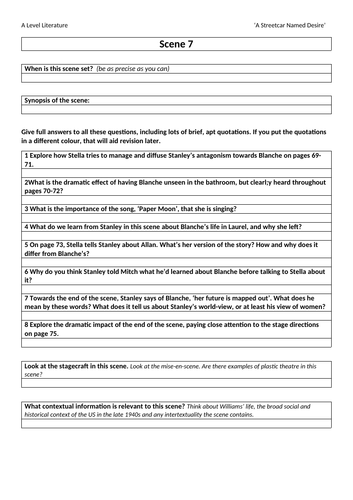Dadyburb's Shop
I teach English across Key Stages 3-5, and I teach Film Studies at A Level. I try to create resources which are easy to use and which, for KS4 and 5 pupils, will aid their revision for exams. My resources tend to be word documents, so they can easily be adapted to suit your students' needs.

